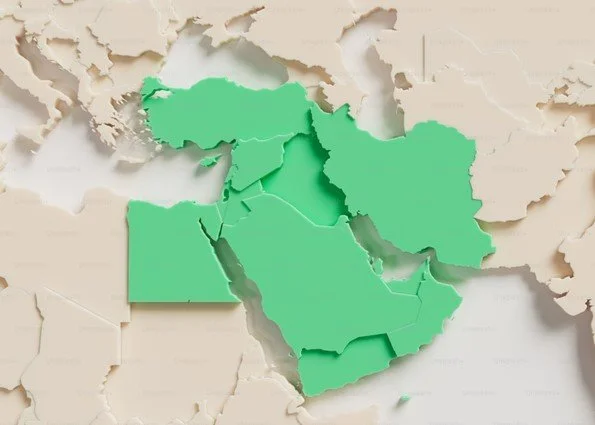Middle East 1: The Ripple Effects on Global Logistics
As the conflict intensifies, the logistics landscape in the Middle East is rapidly evolving. Airlines are canceling flights to and from the region, while key airports, including Lebanon's Beirut International, face potential closures due to military actions. Missile attacks on Iranian Oilwell operations may be coming up. Such disruptions could lead to rising oil prices, reminiscent of past crises, further straining global supply chains.
The pharmaceutical sector is particularly vulnerable, as the transport of sensitive products requires reliable infrastructure. Delays caused by ongoing military operations could lead to the risk of additional deviations, particularly for temperature-sensitive medicines. Complex packaging systems, designed for stability during transport, may not be feasible in an environment where essential infrastructure and/or resources are missing/out of order.
Furthermore, the impact of potential oil facility strikes raises environmental concerns. If oil infrastructure is damaged, it could lead to pollution and long-lasting ecological damage, reminiscent of the oil fires in Kuwait during the Gulf War. Such disasters not only threaten regional ecosystems but also complicate logistics for companies operating in and around affected areas.
It becomes clear that businesses must prepare for a range of scenarios. Rethinking logistics routes and understanding the geopolitical landscape is crucial for minimizing disruption and ensuring the safety of essential shipments.
Share your comments and experience, and join the conversation: https://www.ipharmalogistics.com/contact-us

